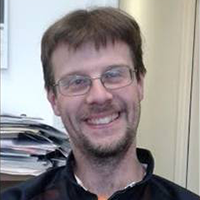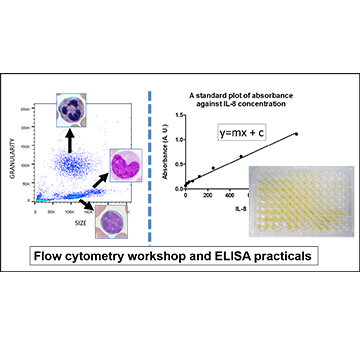About
Dr Wilkinson has extensive experience in host-pathogen interactions using in vitro modelling in epithelial cells, whole blood and animal models. Dr Wilkinson is working to identify useful markers that will help predict risk factors of developing severe infections in humans and animals.
He has over 40 publications in the host-pathogen field ranging from in vitro cell culture modelling, through in vivo experimental models to ex vivo whole blood modelling. He has secured over £2 million in competitive grant funding. He is Associate Professor and leads the Microbiology and Infectious Disease group at Swansea University. Before moving to Swansea (2008), he was a PDRA in Edinburgh (2004-2008) at the MRC Centre for Inflammation Research and in Seattle at the Hope Heart Institute (2001-2004) working on the inflammatory effects of the extracellular matrix. Dr Wilkinson obtained a BSc in Pharmacology from University of Bath (1997), and a PhD from the University of Wales (2001).



